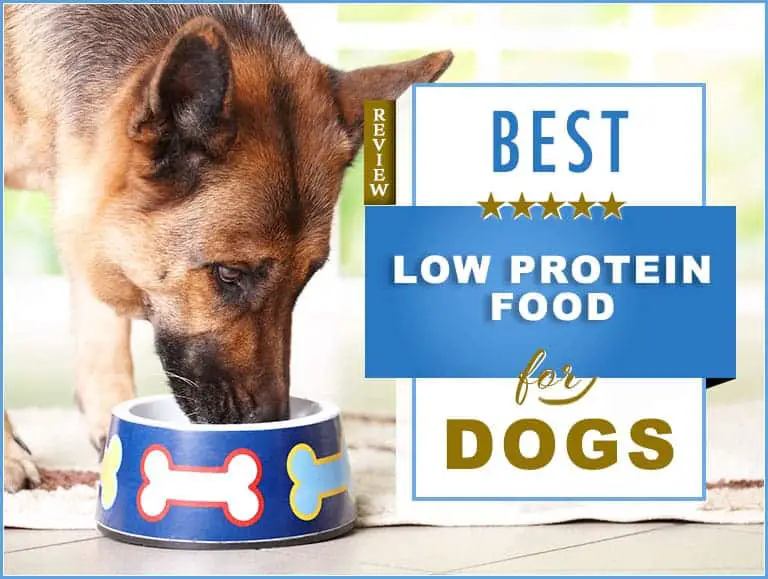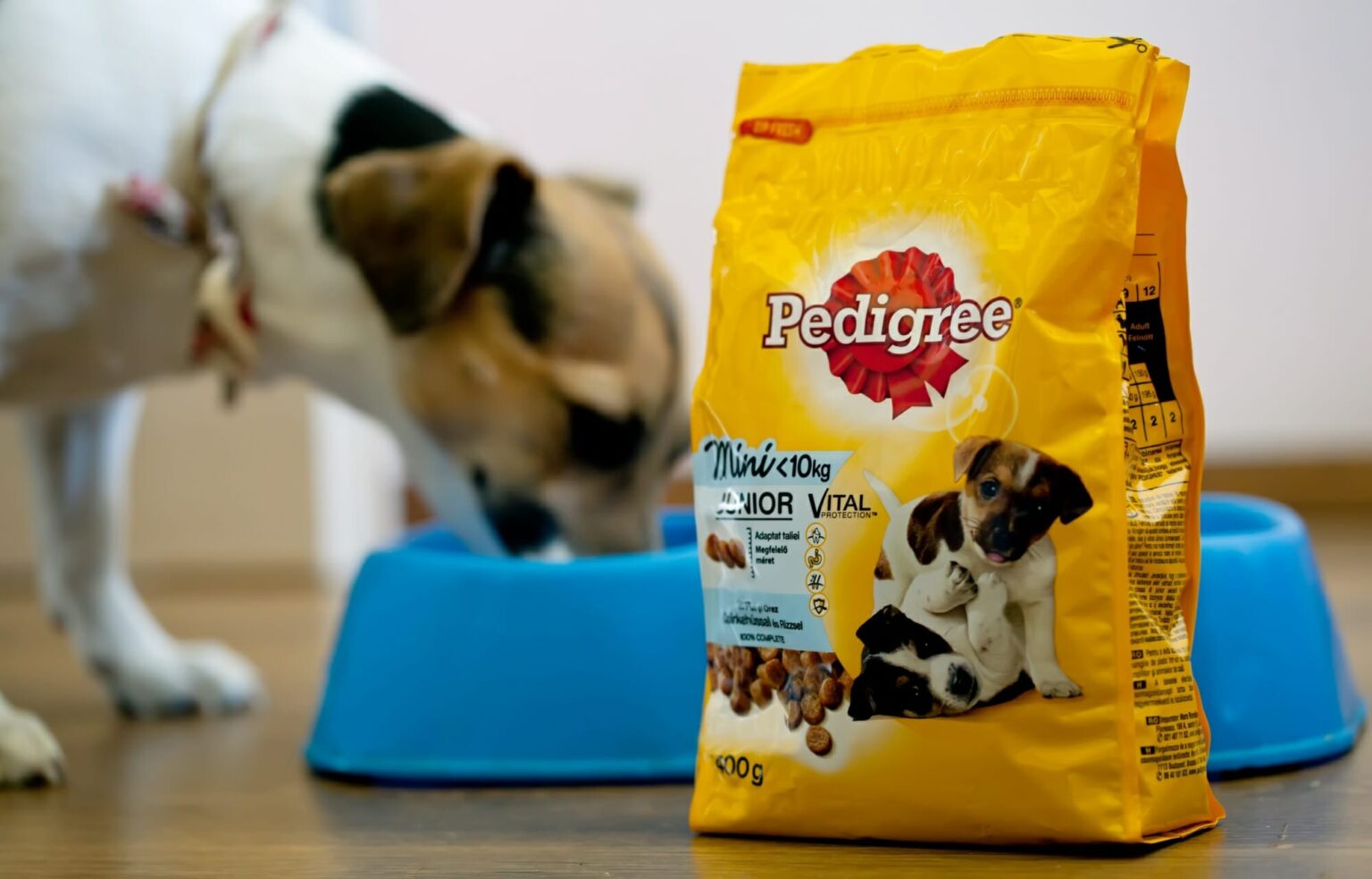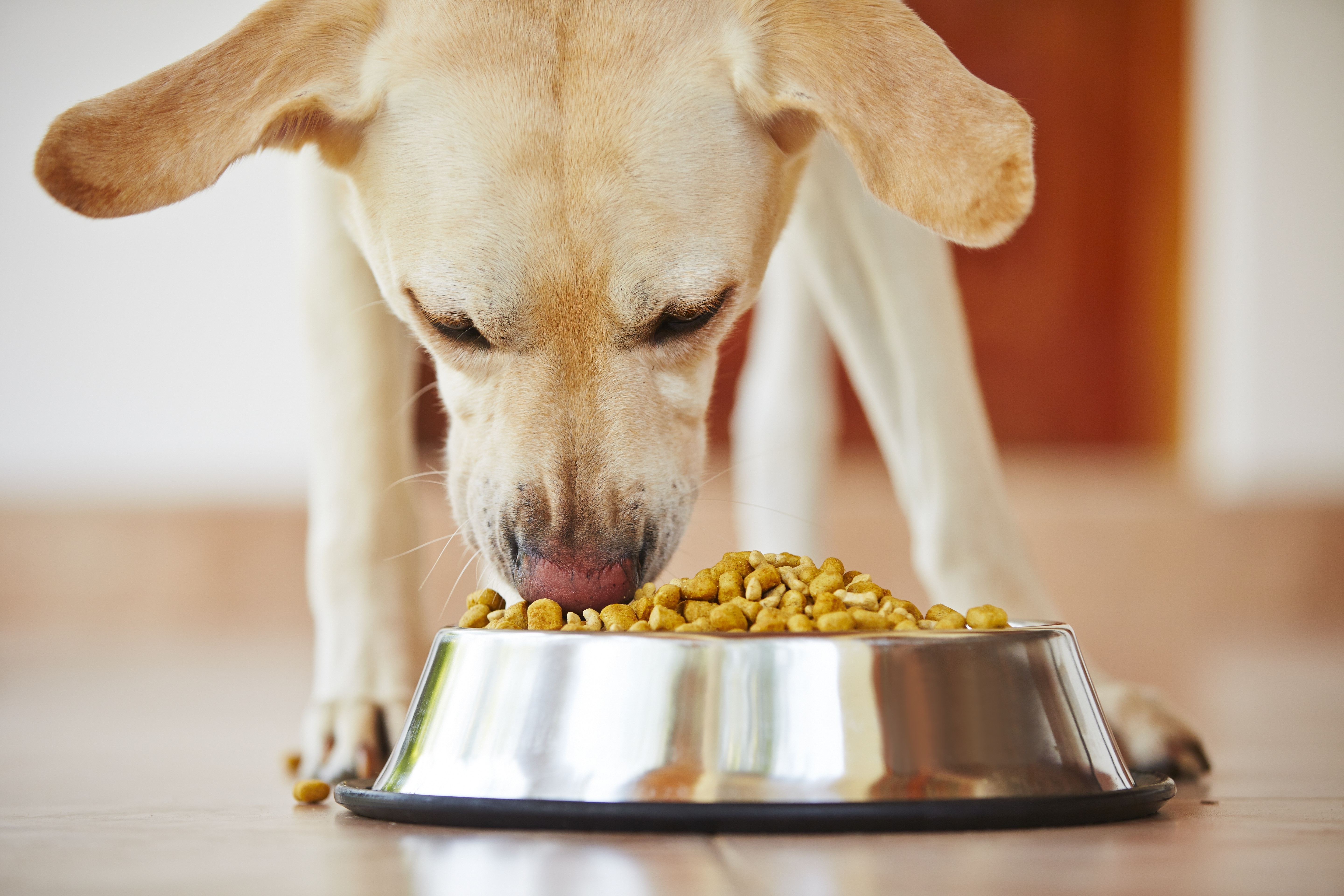Within the realm of canine vitamin, low protein pet food emerges as a subject of accelerating significance, catering to the distinctive dietary wants of particular canine. This complete information delves into the intricacies of low protein pet food, exploring its advantages, concerns, and potential dangers, empowering pet homeowners to make knowledgeable selections relating to their furry companions’ well-being.
Low protein pet food performs a vital position in managing varied well being situations, together with kidney illness, liver illness, and sure allergy symptoms. By understanding the sorts of low protein pet food out there, their elements, and the components to contemplate when selecting one, pet homeowners can guarantee their canine obtain the optimum dietary help for his or her particular wants.
Low Protein Canine Meals Fundamentals

Low protein pet food is a food regimen particularly formulated to include a decreased quantity of protein in comparison with common pet food. It’s important for canine with sure well being situations that require a low-protein consumption, resembling kidney illness, liver illness, and sure sorts of allergy symptoms.
Protein is a necessary nutrient for canine, however extreme protein consumption can put a pressure on the kidneys and liver, that are liable for filtering and processing waste merchandise from the physique. In canine with kidney or liver illness, a low-protein food regimen can assist scale back the workload on these organs and gradual the development of the illness.
Examples of Canines That Require Low Protein Diets
- Canines with kidney illness
- Canines with liver illness
- Canines with sure sorts of allergy symptoms, resembling meals allergy symptoms or environmental allergy symptoms
Sorts of Low Protein Canine Meals
Low protein pet food is available in varied kinds, catering to particular dietary wants. Understanding the differing types out there and their elements is essential for choosing the most suitable choice in your canine companion.
Widespread Substances in Low Protein Canine Meals
Low protein pet food typically accommodates a better proportion of carbohydrates and fat to compensate for the decreased protein content material. Some widespread elements embody:
- Brown rice: A low-protein, simply digestible grain.
- Oatmeal: One other low-protein grain wealthy in fiber.
- Candy potatoes: A carbohydrate supply with a low glycemic index.
- Hen fats: A high-fat ingredient that gives power.
- Fish oil: A supply of omega-3 fatty acids for pores and skin and coat well being.
Well-liked Low Protein Canine Meals Manufacturers
A number of respected manufacturers supply low protein pet food, together with:
- Royal Canin Veterinary Food plan Renal Help
- Hill’s Science Food plan okay/d Kidney Care
- Purina Professional Plan Veterinary Diets EN Gastroenteric
- Iams Proactive Well being Delicate Pores and skin and Abdomen
- Blue Buffalo Wilderness Salmon Recipe
Advantages of Low Protein Canine Meals
Low protein pet food gives a variety of well being advantages for canine, notably these with sure medical situations. A food regimen low in protein can enhance kidney perform, scale back stress on the liver, and alleviate signs of allergy symptoms and pores and skin situations.
Improved Kidney Perform
For canine with kidney illness, a low protein food regimen can assist gradual the development of the situation. The kidneys are liable for filtering waste merchandise from the blood, and a excessive protein food regimen can put further pressure on these organs.
By lowering the quantity of protein within the food regimen, the kidneys can work extra effectively and keep more healthy for longer.
Lowered Stress on the Liver
The liver is liable for metabolizing protein, and a excessive protein food regimen can put further stress on this organ. Canines with liver illness could profit from a low protein food regimen, as it could assist to scale back the workload on the liver and enhance its perform.
Alleviated Signs of Allergy symptoms and Pores and skin Situations
Some canine could expertise allergy symptoms or pores and skin situations which might be triggered by sure proteins of their food regimen. A low protein food regimen can assist to determine and get rid of these triggers, lowering the signs of those situations.
Concerns When Selecting Low Protein Canine Meals

When choosing a low protein pet food, there are a number of components to contemplate to make sure it meets your canine’s particular wants.
Figuring out the Applicable Protein Degree
The suitable protein stage for a canine depends upon its age, exercise stage, and well being situation. Puppies and lively canine usually require larger protein ranges, whereas older canine or these with sure well being points could profit from a decrease protein food regimen.
Seek the advice of along with your veterinarian to find out the optimum protein stage in your canine.
Choosing Excessive-High quality Low Protein Canine Meals
Select a low protein pet food that’s made with high-quality elements. Search for meals which might be free from synthetic components, fillers, and by-products. Substances needs to be listed in descending order by weight, with protein sources showing first. Take into account the next ideas when choosing a high-quality low protein pet food:
- Search for a meals that’s formulated particularly for canine with low protein wants.
- Select a meals that’s made with actual meat as the first protein supply.
- Keep away from meals that include synthetic flavors, colours, or preservatives.
- Learn the ingredient listing fastidiously and just be sure you perceive what every ingredient is.
- Discuss to your veterinarian about one of the best low protein pet food in your pet.
Potential Dangers of Low Protein Canine Meals
Whereas low protein pet food may be useful for sure medical situations, it’s important to pay attention to potential dangers related to extreme protein restriction.
Protein is a vital nutrient for canine, offering important amino acids for development, muscle upkeep, and varied bodily capabilities. Extreme protein restriction can result in a number of well being points, together with:
Nutrient Deficiencies
- Protein deficiency can result in lack of muscle mass, weak point, and impaired immune perform.
- Low protein diets may additionally lack different important vitamins, resembling B nutritional vitamins and iron.
Development Issues
- Puppies and younger canine require sufficient protein for correct development and improvement.
- Protein restriction can stunt development and result in skeletal abnormalities.
Pores and skin and Coat Issues, Low protein pet food
- Protein is crucial for wholesome pores and skin and coat.
- Canines on low protein diets could expertise dry, flaky pores and skin and boring, brittle hair.
Signs to Watch For
In case your canine is on a low protein food regimen, you will need to monitor for potential signs, together with:
- Weight reduction
- Lack of muscle mass
- Lethargy
- Pores and skin and coat issues
- Impaired immune perform
When you discover any of those signs, seek the advice of along with your veterinarian instantly.
Transitioning to Low Protein Canine Meals

Transitioning canine to a low-protein food regimen is crucial to stop digestive upset and different well being points. This is a step-by-step information:
Gradual Transition:Start by mixing 25% low-protein meals with 75% of the present meals for 3-5 days. Step by step improve the ratio of low-protein meals over the following 7-10 days till the canine is totally transitioned.
Monitoring the Transition
Monitor your canine intently in the course of the transition for any indicators of digestive points, resembling vomiting, diarrhea, or decreased urge for food. If any points come up, decelerate the transition or seek the advice of with a veterinarian.
Extra Info
Abstract Desk
The next desk summarizes the important thing factors mentioned on this article about low protein pet food:
| Characteristic | Particulars |
|---|---|
| Definition | Low protein pet food accommodates much less protein than common pet food, sometimes round 18% or much less. |
| Sorts | There are numerous sorts of low protein pet food, together with grain-inclusive, grain-free, and prescription diets. |
| Advantages | Low protein pet food may be useful for canine with sure well being situations, resembling kidney illness, liver illness, and allergy symptoms. |
| Concerns | When selecting low protein pet food, it is vital to contemplate your canine’s age, well being, and exercise stage. |
| Dangers | Potential dangers of low protein pet food embody weight reduction, muscle loss, and malnutrition. |
| Transitioning | It is vital to transition your canine to low protein pet food steadily over a interval of a number of days. |
Steadily Requested Questions
Listed below are some incessantly requested questions on low protein pet food:
- What’s the distinction between low protein pet food and common pet food?
- What are the advantages of feeding my canine low protein pet food?
- What are the dangers of feeding my canine low protein pet food?
- How do I transition my canine to low protein pet food?
- What are some good manufacturers of low protein pet food?
References
For additional studying, listed below are some respected sources on low protein pet food:
- The American Kennel Club: Low-Protein Dog Food
- PetMD: Low-Protein Dog Food: What You Need to Know
- Hill’s Pet Nutrition: Low-Protein Dog Food
FAQ Information
What’s the definition of low protein pet food?
Low protein pet food accommodates a decreased quantity of protein in comparison with commonplace pet food, sometimes starting from 18% to 22% on a dry matter foundation.
Why is low protein pet food mandatory for sure canine?
Low protein pet food is crucial for canine with sure well being situations, resembling kidney illness, liver illness, and a few allergy symptoms, because it reduces the pressure on these organs and helps handle their signs.
How do I decide the suitable protein stage for my canine?
The suitable protein stage in your canine depends upon their age, well being situation, and exercise stage. It is suggested to seek the advice of with a veterinarian to find out the optimum protein stage in your canine’s particular wants.

